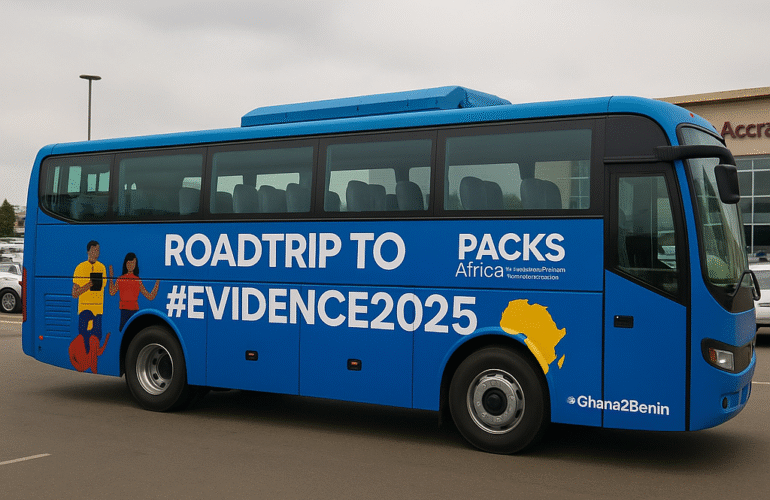
The Youth Employment Challenge
Youth unemployment continues to pose a significant challenge across Africa, with projections estimating some 375 million young people to enter the job market by 2030. In nations like South Africa and Djibouti, youth unemployment rates have reached alarming levels of 65% and 80%, respectively. Against this backdrop, the Youth Employment Evidence and Insights Hub (YEEIH), in collaboration with the Mastercard Foundation, convened in Kigali from February 11 to 13, 2025, to review progress made in providing evidence synthesis support to the foundation and explore innovative strategies for empowering it to help address this crisis.
About the Hub
YEEIH is a pan-African consortium hosted by the Pan-African Collective for Evidence (PACE) alongside key partners, including the Africa Evidence Network (AEN), PACKS Africa, eBASE Africa, Future Evidence Foundation, LARTES-IFAN, Centre for Rapid Evidence Synthesis (ACRES), Ethiopian Public Health Institute, and CommsConsult Ltd. These organisations collectively support the Mastercard Foundation’s Young Africa Works Strategy, which is aimed at creating 30 million dignified and fulfilling jobs for African youth, particularly women.
The Review Meeting and Learning by the Hub
The meeting in Kigali, being the second of such partnership meetings in a year, featured a series of strategic sessions designed to review progress made on implementation of the Hub. Different sessions were led by different organisations and working group leads, demonstrating in addition to learning progress on collaborations that drive evidence-informed initiatives. One of the event’s highlights was a presentation by PACKS Africa of the Hub’s Monitoring, Evaluation, and Learning (MEL) framework. Other members of this working group were colleagues from PACE and eBASE Africa. This tool offered a structured approach to tracking inputs, engagements, and outcomes, ensuring that the consortium maintains a culture of continuous learning.
Dr. Marvis Bih, MEL and Knowledge Management Lead at PACKS Africa, applauded the collaborative spirit, stating, “It was encouraging to witness diverse organisations uniting and leveraging their expertise to advance youth employment initiatives”.
Other sessions of the Meeting
Through different dedicated sessions, other working groups provided updates on progress in their strands of work. The local evidence and indigenous ways of knowing the working group, for instance, emphasised emergent gaps in integrating alternative knowledge in synthesis products despite the progress made to streamline their operations. Dr Bih affirmed the team’s efforts to incorporate Indigenous knowledge despite challenges in sourcing such insights.
The session on youth voices generated new ways to amplify further these marginalised voices in products served to the Foundation and other stakeholders, realised through their participation in producing these resources, leading different tasks within the Hub, and critically reviewing finished synthesis products to reflect their realities. As Rapid Evidence Responses (RERs) were a key focus of the Hub, much time was spent by the Methods and Processes working group to unclog different stages of the evidence synthesis process, facilitating more efficient and effective performance.
Preparing for the next stage
The programme culminated in a session titled “Strengthening Commitments & Next Steps”. During that session, participants outlined actionable strategies, informed by the shared learning, to sustain momentum and scale impact. These efforts align with the consortium’s broader mission to provide responsive evidence synthesis support to help the Mastercard Foundation realise its Young Africa Works strategy, promoting “dignified and fulfilling work” among young people on the continent, characterised by reliable income, purpose, reputation, and respect.
As Africa remains the youngest and fastest-growing continent, its future hinges on the potential of its youth. By prioritising inclusivity and innovation, YEEIH is not just addressing youth unemployment; it is equipping young Africans with the tools and confidence to lead meaningful lives.




